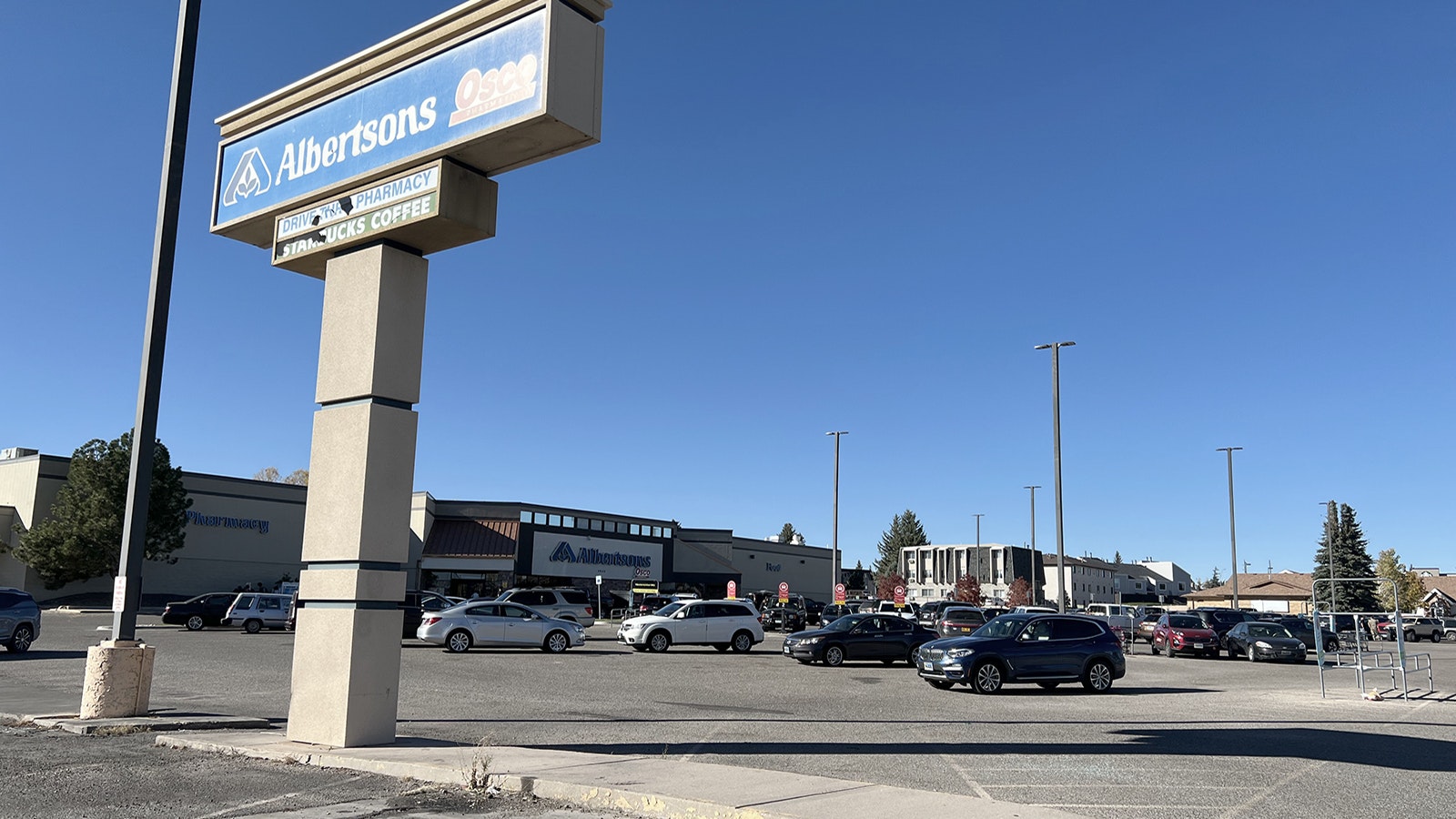By Renée Jean, Business and Tourism Reporter
renee@cowboystatedaily.com
Momentum appears to be growing on Capitol Hill for bipartisan scrutiny of a proposed mega-merger that has been sharply criticized by Wyoming grocery workers.
Sen. Amy Klobuchar, D-Minnesota, and Sen. Mike Lee, R-Utah, have announced a congressional hearing next week into the multibillion-dollar merger of grocery giants Kroger and Albersons to examine consumer rights more closely.
“As the chair and ranking member of the Subcommittee on Competition Policy, Antitrust and Consumer Rights, we have serious concerns about the proposed transaction between Kroger and Albertsons,” the senators say in a joint statement. “The grocery industry is essential, and we must ensure that it remains competitive so that American families can afford to put food on the table.
“We will hold a hearing focused on this proposed merger and the consequences consumers may face if this deal moves forward.”
FTC Asked To Investigate
Klobuchar and two Democrat colleagues, meanwhile, also sent a letter to the U.S. Federal Trade Commission, asking the agency to thoroughly investigate the proposed merger.
“Too many American families are struggling to put food on the table for their families,” Klobuchar wrote. “These issues are worse for families in areas without access to affordable, nutritious food. And across the country, more than 6 million American children suffer from not having enough food.”
Record Inflation, Profits
The proposed merger comes amid some of the highest price increases for grocery prices on record — 11.2% higher in September that in September 2021, according to USDA data.
Profits, meanwhile, have been healthy for grocery stores as well. Albertsons, for example, reported net income of $343 million in the second quarter of 2022, while Kroger reported operation profits of $954 million for the same period.
Kroger and Albertsons have said in earnings calls and investor materials that they will realize significant savings through the merger, allowing them to invest $500 million in lower prices, $1.3 billion to enhance consumer experience and $1 billion to raise associate wages and benefits.
They also would be willing to divest up to 375 stores to preserve competition in the marketplace, and make the deal more palatable to anti-trust regulators.
Wait Just A Darn Minute
Wyoming Local 7 President Kim Cordova, representing 750 Wyoming workers affected by the merger, says those promises are a song and dance with an all-too-familiar — and discordant — refrain.
In three past grocery mergers in recent memory, prices have not dropped, Cordova has told Cowboy State Daily. Not only that, but hundreds of workers have lost jobs, and in some cases faced devastating effects on their retirement plans.
“If you go back and you look historically at all of these big chains in these mergers, there are those spin-off stores, but they never let those other chains operate,” Cordova said. “They’re not going to sell to a competitor. They’re not going to let competitors thrive. They sell them a lemon, basically.”
In 2014, when Albertsons acquired Safeway, it sold close to 150 stores off to Haggen, Cordova said. Those went bankrupt in 2015, leading to lost jobs and more food deserts.
Wyoming Food Deserts Expand
A USDA map of low-access, low-income areas shows more food deserts in Wyoming in 2019 than in 2015.
Cordova believes the merger of Kroger and Albertsons will make that worse by creating a duopoly, where just two entities control almost all of the nation’s food supply chain, along with fuel, pharmacies and other products.
Local 7 and other grocery store unions representing Kroger and Albertson workers are banding together to fight the merger and are working on a study of the merger’s effect on the food supply chain.
“We’re already suffering the high cost of inflation,” Cordova said. “And now you’re going to have just two giant behemoths in control of our whole country’s food supply chain.”





